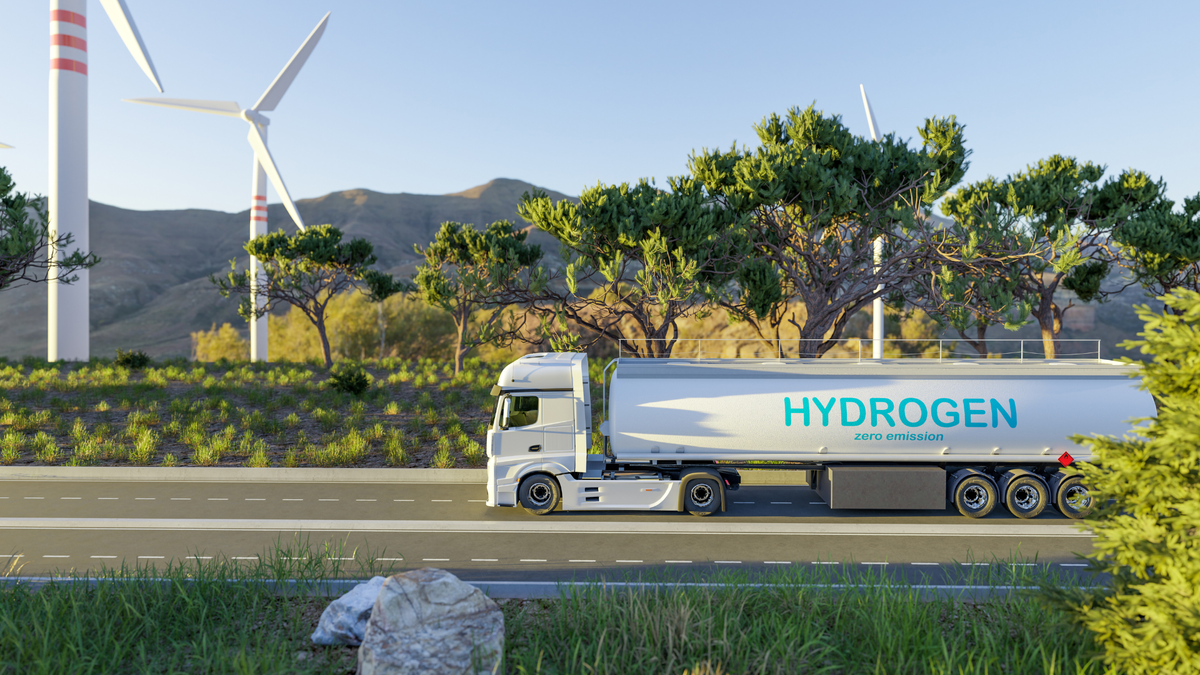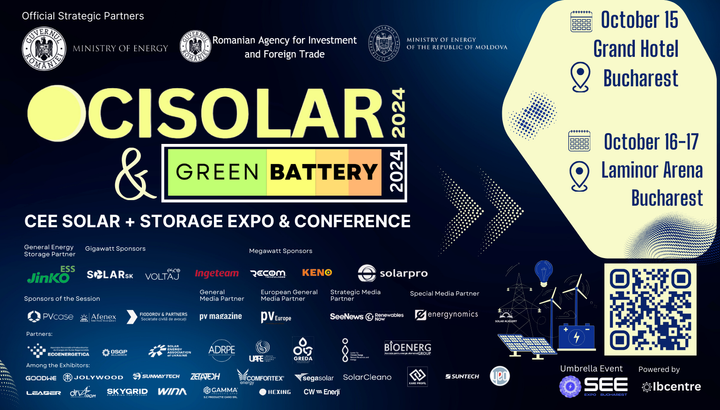Poland Sets Ambitious Renewable Energy Goals for Transport by 2030

The Council of Ministers has adopted a draft amendment to the Biofuels Act, aiming to align Poland’s legislation with the EU's Renewable Energy Sources Directive (RED III). This new framework introduces ambitious targets for the National Indicative Target (NCW) and seeks to accelerate the transition to renewable energy in transport.
The draft sets minimum renewable energy targets in transport at 9.2% by 2025, 10% by 2029, and 14.9% by 2030, surpassing the previous goal of 14%. Achieving these targets will depend on the integration of advanced biofuels, renewable electricity, and biomethane, including bioCNG. Aviation and marine fuels will also contribute to the NCW goals.
In 2023, Poland’s share of renewable energy in transport rose modestly to 6%, compared to 5.8% in 2022, with the Central Statistical Office citing a 3.2% increase in renewable energy consumption in transport as the main driver. However, this marks only incremental progress from the peak of 6.6% in 2020.
Broader renewable energy trends reveal mixed results. While the share of renewable energy in electricity consumption surged to 25.8% in 2023, renewable energy usage in heating and cooling fell to 20.2% from 22.5% in 2022, contributing to a slight decline in the overall renewable energy share to 16.5%.
The proposed legislation, developed by the Ministry of Climate and Environment, aims to incorporate a broader range of fuels, including liquid and gaseous coal fuels, recycled gaseous coal fuels, and biomethane, into the NCW framework.
Source: Gramwzielone



